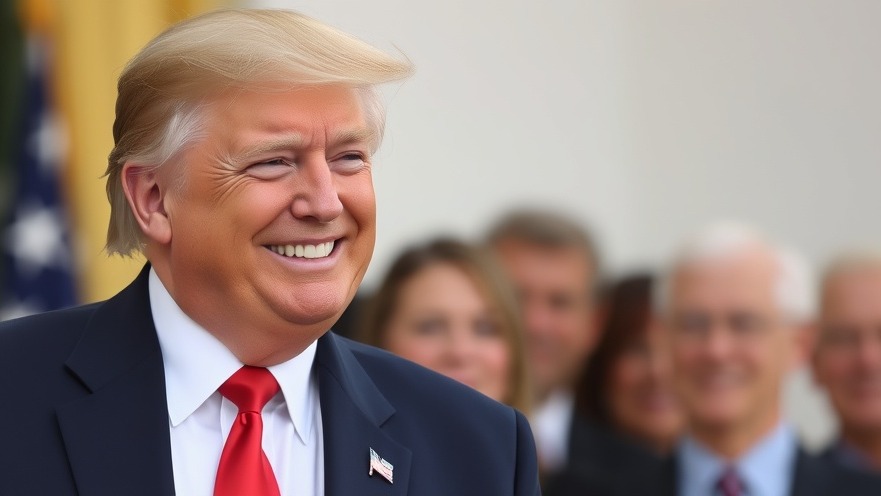
Trimming the Budget: Senate Republicans Push Trump's $9 Billion Cuts
In a lengthy debate that showcased the widening gap between partisan ideologies, the Senate made a striking move as Republicans, spearheaded by Vice President Vance, successfully passed a clawback package worth $9 billion. This new legislation primarily targets cuts to foreign aid and public broadcasting, echoing President Trump's persistent call for reduced government spending in these sectors. Critics are concerned, arguing that such cuts could undermine international relations and public access to information.
The Growing Dissatisfaction with Foreign Aid
The decision follows a longstanding sentiment among many Republicans who believe that U.S. foreign aid should be curtailed, or at least reallocated to domestic programs. Many argue that while global humanitarian efforts have their value, it's time to prioritize what they deem more pressing national interests. Vance's framing of the aid as 'woke' resonates with a vocal segment of their constituency, intensifying the political divide over foreign expenditure.
Public Broadcasting: Is It Time to Reassess Funding?
The funding cuts to public broadcasting, which were also a significant part of the package, have stirred widespread discussion about media's role in democracy. Supporters of these cuts argue that public broadcasting often leans too far left, shaping narratives that do not represent conservative voices. Detractors, however, argue that public media plays a crucial role in offering balanced news coverage, especially in times of crisis.
Future Implications of the Cuts on National and International Landscape
Projected outcomes of this legislation raise alarms from various sectors. For instance, international agencies warn that budget reductions could hamper the U.S's ability to participate effectively in global humanitarian efforts. In contrast, proponents believe this realignment will bolster domestic priorities, drawing attention to infrastructure, healthcare, and education, which they believe are inadequately funded.
Diverse Reactions from the Public and Lawmakers
The reaction from lawmakers, particularly within the Democratic Party, has been predominantly negative, framing the cuts as irresponsible and potentially damaging to the U.S’s standing on the global stage. Public sentiment appears to be mixed; some citizens support reduced foreign spending, arguing it could allow for more local benefits, while others express concern about the long-term impact on humanitarian efforts and international relations.
Practical Insights: What This Means for Citizens
For the average citizen, the immediate implications of this legislative action may not be clear. However, understanding its impact can cultivate a more informed electorate. With changes in funding for major public programs, those affected may want to engage with their representatives, share concerns, and advocate for a balanced approach that maintains America's humanitarian commitments while addressing domestic needs.
Conclusion: Moving Forward with Awareness
The Senate's approval of Trump's clawback package marks a significant moment in U.S. politics, presenting both challenges and opportunities for the nation. As these changes unfold, it becomes crucial for citizens to remain informed and engaged, advocating for transparency and balance in government spending decisions.
Stay connected to national news and encourage friends and family to engage in discussions around these crucial issues. The impact of political decisions is far-reaching, and being informed empowers communities to advocate for their interests.
 Add Element
Add Element  Add Row
Add Row 



Write A Comment